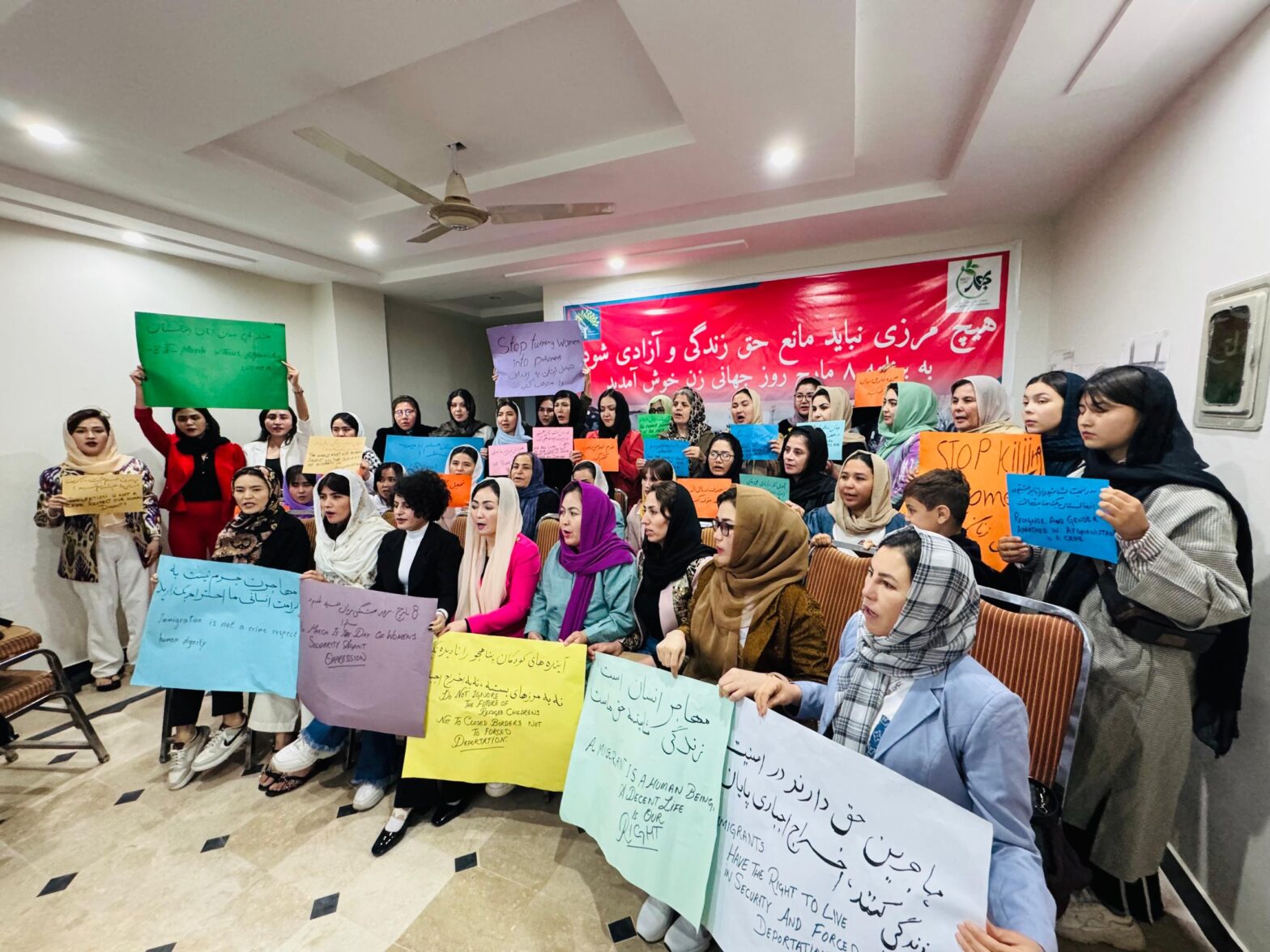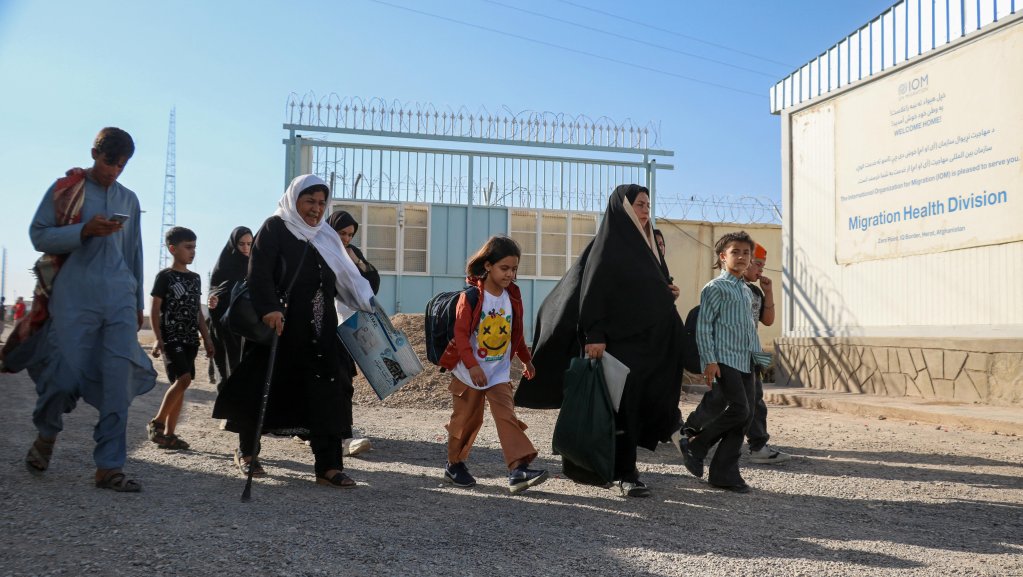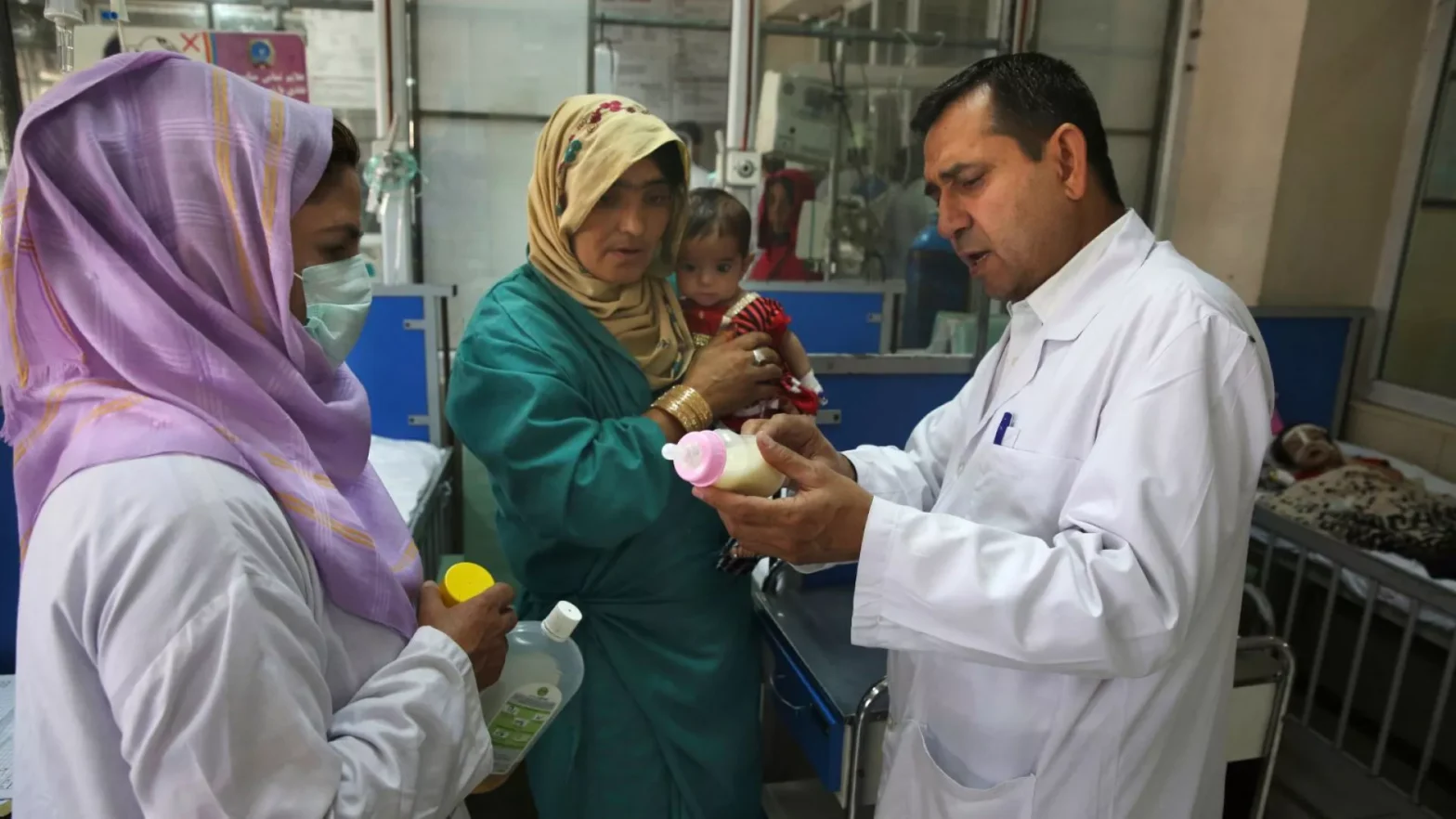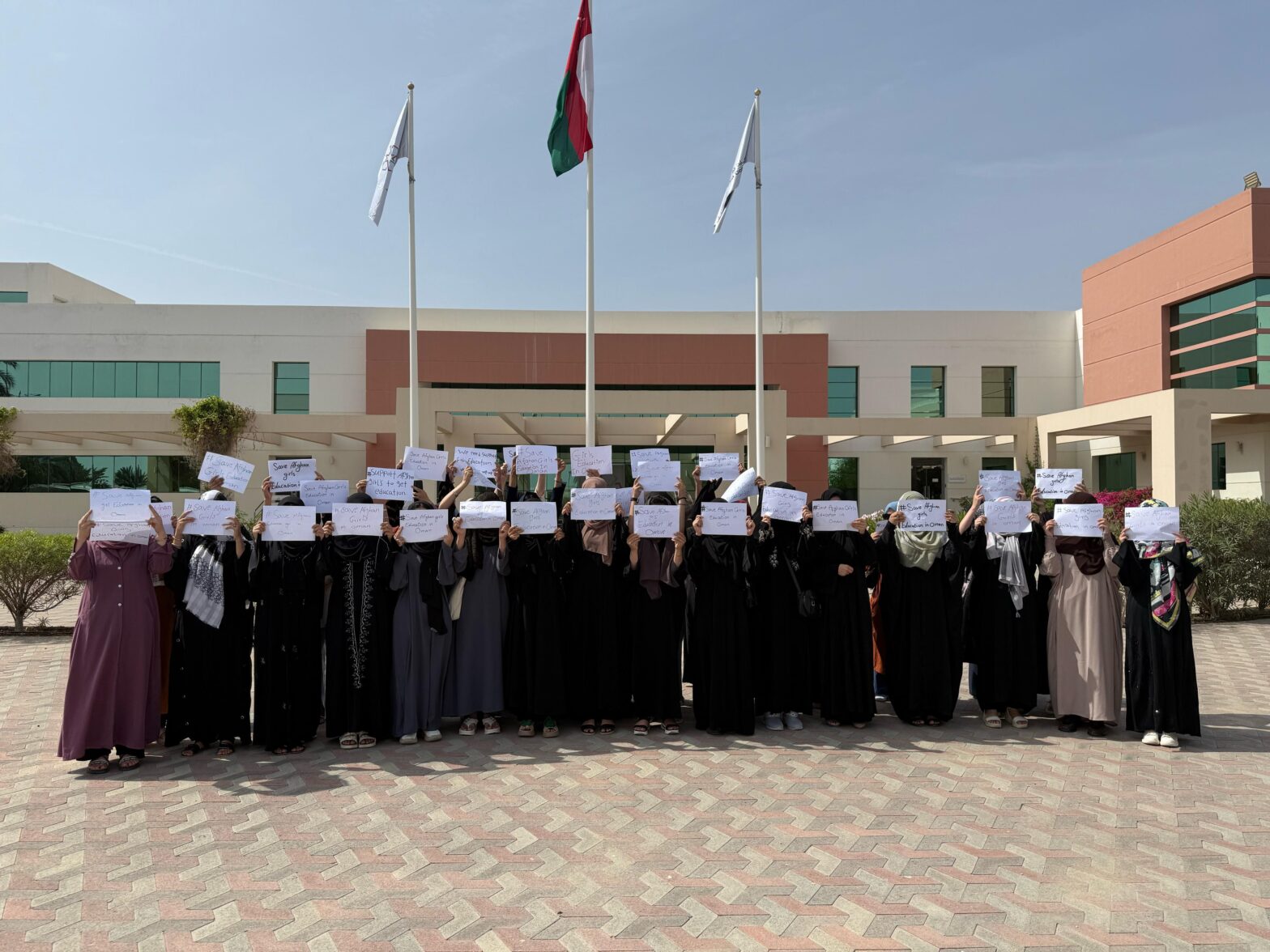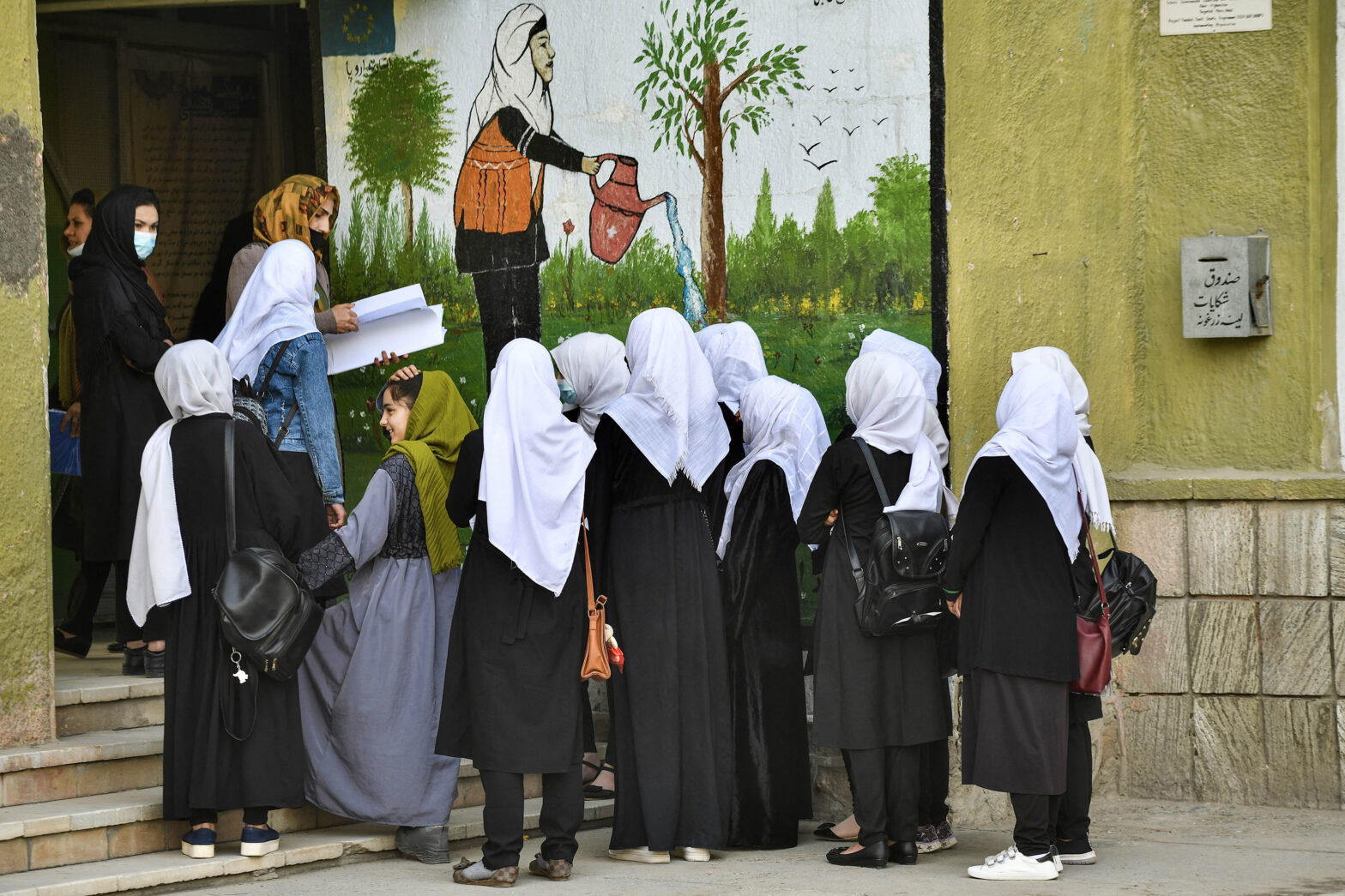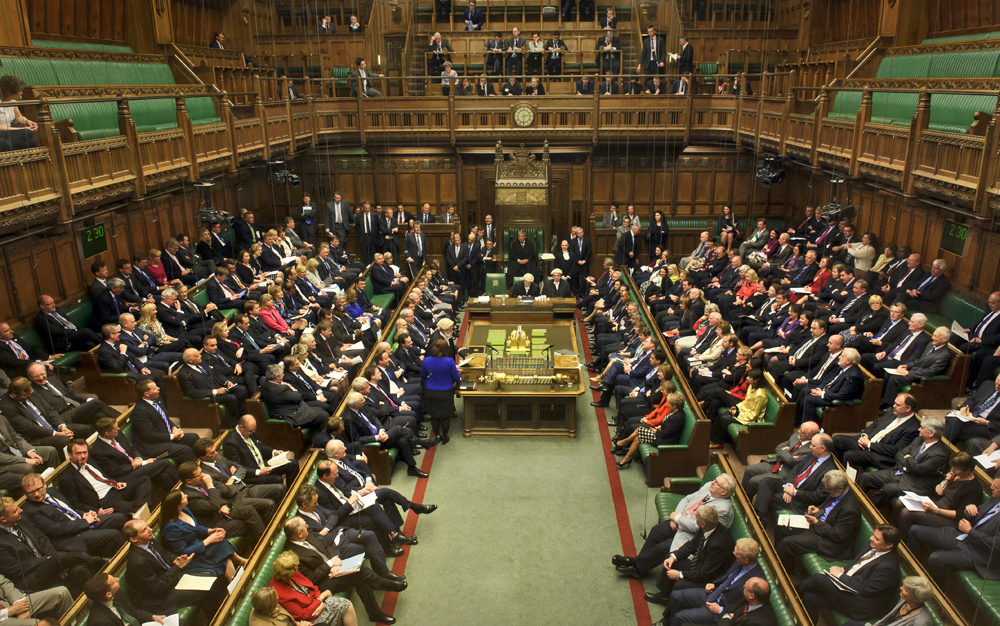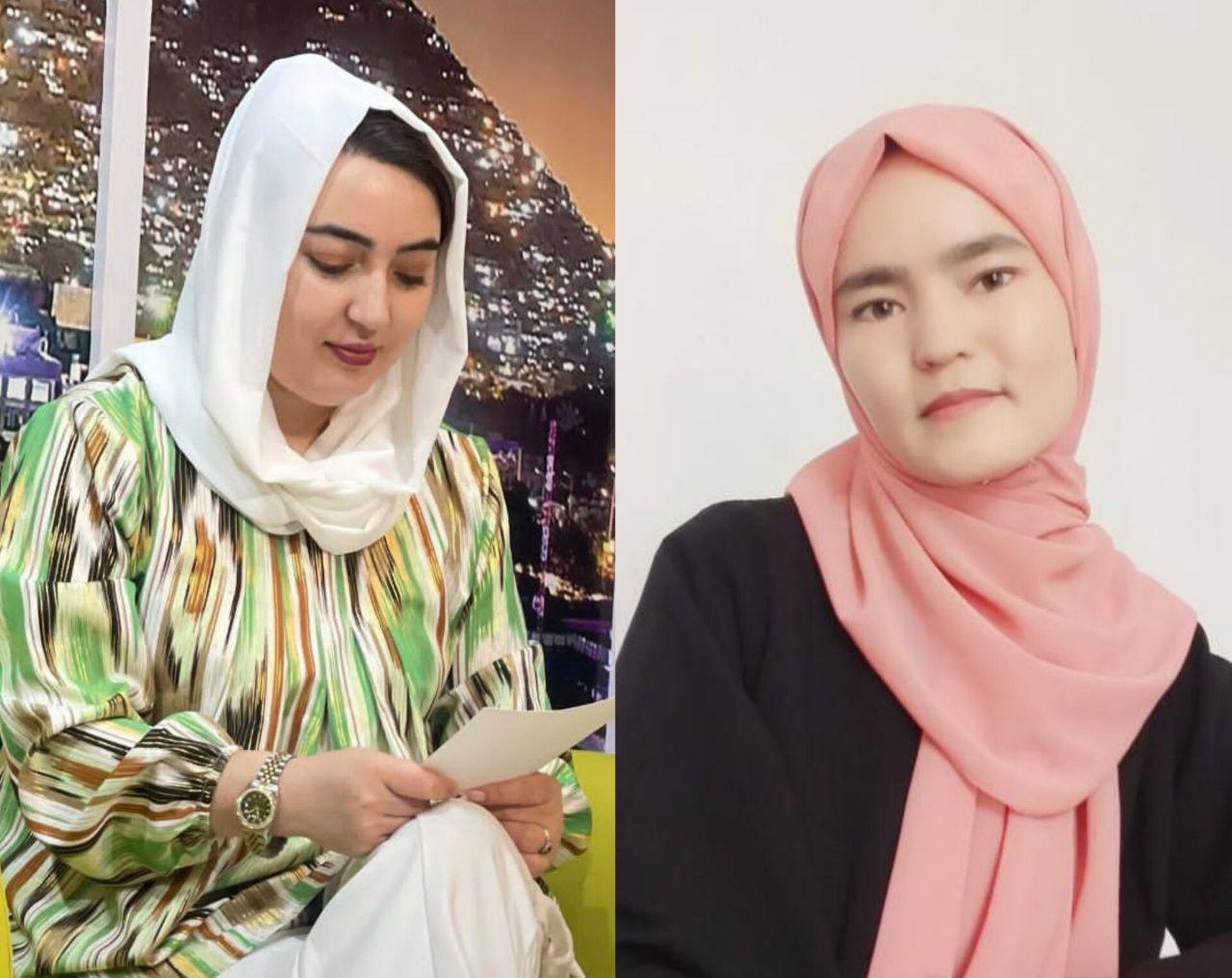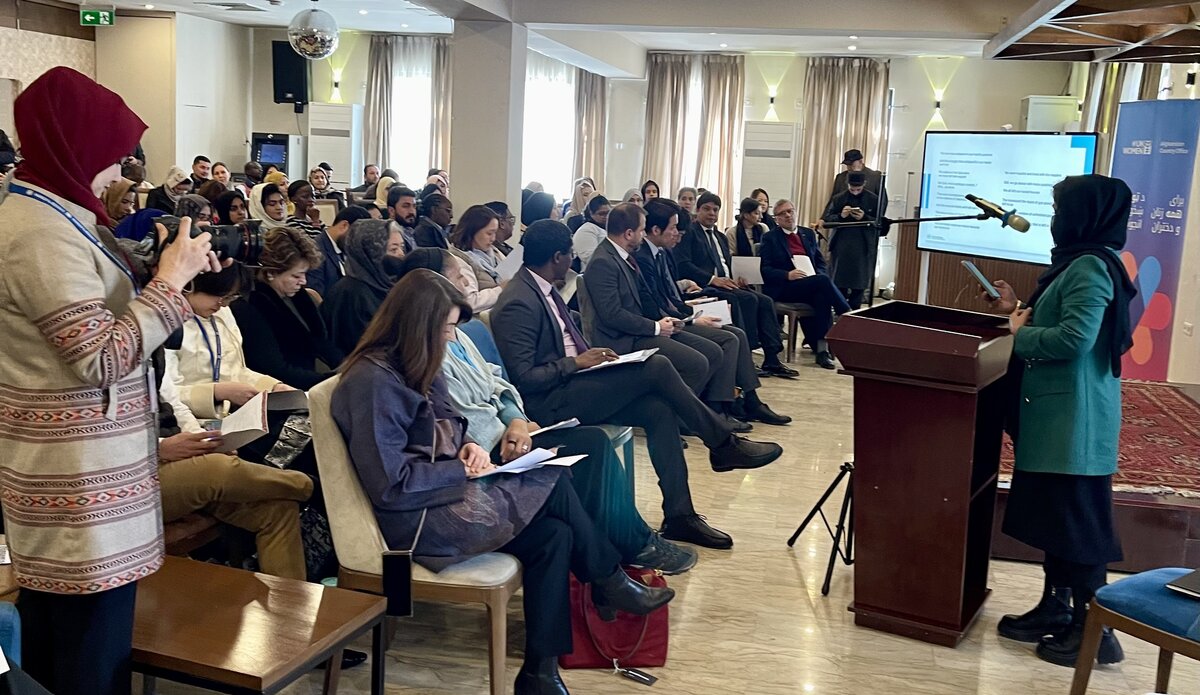
On March 8, or International Women's Day, UNAMA (the United Nations Assistance Mission in Afghanistan) has called on the interim government to lift the restrictions that deprive women and girls of their fundamental rights. In a statement released today (Saturday, March 9), UNAMA noted that women and girls in Afghanistan are systematically deprived of their rights in the areas of education, work, and social life. The organization emphasized that these restrictions not only violate human rights but also pose barriers to Afghanistan's progress, deepening poverty and isolation for millions. Part of the statement mentioned that the United Nations urges member states to demonstrate solidarity by amplifying the voices of Afghan women, supporting their leadership, and investing in their resilience and future. The statement also quoted Rosa Otunbayeva, the UN Secretary-General's Special Representative for Afghanistan, saying that the organization stands in full solidarity with Afghan women and girls and remains united in condemning their enduring erasure from social life. Ms. Otunbayeva emphasized, "We will continue to do what we can to invest in the resilience and leadership of Afghan women and girls, which is key to a prosperous and inclusive Afghanistan." She added that despite extraordinary challenges, Afghan women and girls continue to lead, build, and support their communities, and it is essential to place these women at the forefront of efforts to address current and emerging challenges. The United Nations stated that Afghan women have clearly expressed their demands to the international community, which include advocacy for the restoration of their rights and freedoms. Alison Davidian, head of the UN Women’s section in Afghanistan, stated: "Our response to the erasure of women from social life is a test of our commitment to women and girls around the world. We must stand with Afghan women because our lives depend on it." This comes at a time when the interim government has imposed severe restrictions on women and girls since taking control of Afghanistan. Currently, women and girls in Afghanistan are deprived of education, work, and freedom of movement. In these past three and a half years, despite global calls for respect for the rights of Afghan women, the current government has intensified these restrictions.

